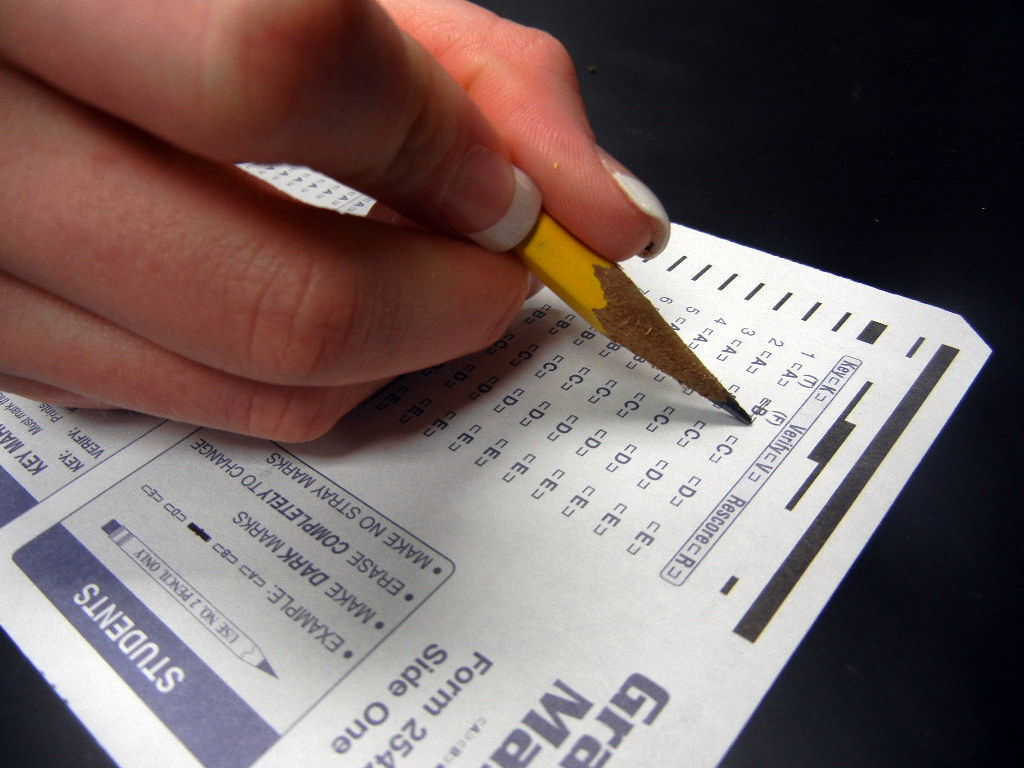Whatever the publication date of this article may read, know that I am writing this on the 31st of August, 2021. According to my somewhat esoteric reckoning of time, this is the very last day of summer. Autumn begins promptly on the 1st of September and every season lasts precisely three months. (It’s okay. I live in California. The seasons are made up anyway.) I mention this because perhaps it helps explain the nostalgic mood it has me in.
If you’re anything like me, first off, my sincere condolences, but secondly, you’ll no doubt recall with great fondness those final few days of summer, the ache in your chest of knowing that you’ll soon have to return to the drudgery of school, but also the irrational hope and infinite contentment that comes with imagining that those final days of freedom might somehow never end, as if you might unmoor yourself from the shackles of formal education and chase the sun around the Earth so that September would never arrive.
I hated school.
Despised it.
I hated it while I was attending it, and I hate it to this day. The fact that it is still siphoning money from my bank account a decade later makes me want to scream.
I can just about forgive that broken system all of my grievances against it for having put me in contact with some of my best friends in the world, but that’s as much generosity toward the subject as I can muster.
This is not because I was bullied, or because my schools were poorly funded, or because my teachers were bad, or any other conventional reason you might be imagining. I was bullied very little, far less than most of my peers. I grew up in a fairly affluent area with fairly well-funded schools. In elementary school, I took some IQ test or something and scored quite high apparently and was allowed to participate in a GATE (Gifted And Talented Education) program. There, I got to mess around with computers and learned to do darkroom photography, a memory I treasure to this day. In fact, herein lies the problem I have with school.
I got a taste of what school could be, and like Peter Pan having visited Neverland, I couldn’t bear leaving. Traditional school was drained of its color, forever relegated to languishing in the shadow of what could be. Returning to the real world was nothing short of agony.
It was the first time my heart broke.
Don’t misunderstand me: education is an absolute necessity. It is vital. I cannot imagine a viable civilization that does not have as its foundation a robust education for all its people.
But this thing we call “school” is as nearly antithetical to education as any villain could concoct. It takes children, infinitely curious by nature, and imprisons them and makes them sit down and shut up and proceeds to beat the curiosity out of them one subject at a time, until everything from astronomy to zoology is rendered as appetizing as a bowl of wallpaper paste.
A just civilization would regard it as torture.
The fact that anyone manages to survive this process long enough to complete a degree program is only a testament to the power of the human spirit to endure suffering and hardship… and the motivating power of the fear of irrelevance to the economy under capitalism.
But that’s a rant for another day. For now, let’s talk about a potential solution to the horror of school:
Democratic School
The democratic school or free school is a model of school in which students are trusted to guide their own education. Teachers serve as facilitators of learning rather than forcing students to follow a standard curriculum, focused on mediating disputes and answering questions. Traditional classes may be offered, but attendance is optional and traditional schoolwork and tests are provided only as tools to cement and reinforce learning for students who find them helpful. Students do not receive grades of any kind, and are rarely divided by age.
This may seem like some kind of idealistic nonsense if you’ve never heard of it before, but in case my wording hasn’t already made this clear, these schools already exist and have for decades, having peaked in the US during the 1960s, and seem to be currently undergoing a slow resurgence. While there have never been enough of these schools to properly study them, former students tend to rank their happiness and life fulfillment higher than students who attended traditional schools, and they report having just as many close friendships, and having had only marginally higher difficulty adjusting to university, which three quarters of them went on to attend.
We need not force children to learn. Anyone who’s ever met a child knows that they are an endless source of questions. All you need to do is provide them with a safe place to express themselves and explore their interests, and they will do exactly that.
